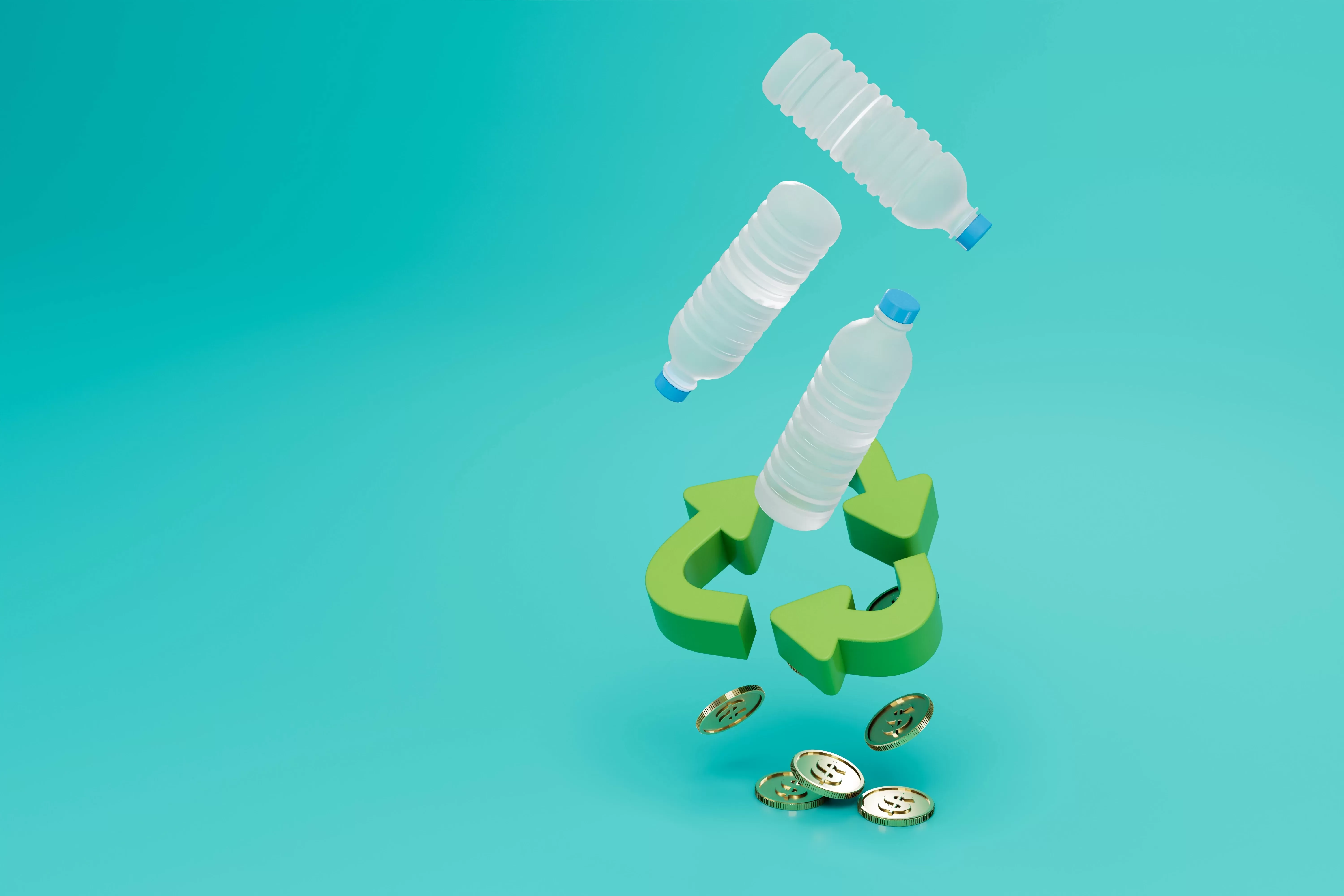
- CSR PLASTIC | Clean Society by Recycling | Sustainability
What Does Sustainability Really Mean?
What Does Sustainability Really Mean?
Sustainability has become a buzzword in discussions about the environment, business practices, and even lifestyle choices. But what does sustainability really mean? At its core, sustainability is about creating and maintaining the conditions under which humans and nature can coexist in productive harmony. This means ensuring that we meet our present needs without compromising the ability of future generations to meet their own. In this blog post, we will explore the true meaning of sustainability, breaking down its key components and discussing how it applies to various aspects of our lives.
The Core Concept of Sustainability
At its most fundamental level, sustainability is about balance. It is the practice of ensuring that our actions today do not deplete the resources, opportunities, or health of future generations. This concept is often encapsulated in the idea of "meeting the needs of the present without compromising the ability of future generations to meet their own needs," a definition popularized by the Brundtland Commission in 1987.
Sustainability is built on three main pillars, often referred to as the three Ps: People, Planet, and Profit. These pillars are interconnected and must be considered together to achieve true sustainability.
-
People (Social Sustainability): This pillar focuses on the well-being of individuals and communities. It involves creating equitable societies where everyone has access to essential resources like clean water, education, and healthcare. Social sustainability also emphasizes human rights, fair labor practices, and social justice, ensuring that the benefits of development are shared by all.
-
Planet (Environmental Sustainability): Environmental sustainability involves managing natural resources responsibly and reducing our impact on the planet. This includes actions like conserving energy, protecting biodiversity, reducing waste, and combating climate change. The goal is to preserve the earth’s ecosystems so that they can continue to support life for generations to come.
-
Profit (Economic Sustainability): Economic sustainability is about creating systems that are economically viable in the long term. This means promoting practices that are not only profitable but also ethical and environmentally responsible. Economic sustainability encourages businesses to operate in ways that do not harm the environment or exploit people, ensuring that economies can continue to thrive without causing irreparable damage to society or the planet.
Sustainability in Practice
Understanding what sustainability means is one thing, but how does it translate into action? Sustainability can be applied in various ways across different sectors, from energy production to agriculture, manufacturing, and everyday lifestyle choices.
-
In Business: Companies can embrace sustainability by adopting practices that reduce their environmental footprint, such as using renewable energy, minimizing waste, and sourcing materials responsibly. Sustainable business practices also include fair labor policies and ethical sourcing, which help to protect workers’ rights and promote social equity.
-
In Agriculture: Sustainable agriculture focuses on methods that protect the environment, enhance soil fertility, and reduce water usage. Practices like crop rotation, organic farming, and integrated pest management are all examples of how sustainability can be applied to farming to produce food in ways that are less harmful to the planet.
-
In Energy: The shift towards renewable energy sources like wind, solar, and hydroelectric power is a prime example of sustainability in action. These energy sources are not only cleaner but also renewable, meaning they can provide energy indefinitely without depleting the earth’s resources.
-
In Daily Life: On a personal level, sustainability can be practiced by reducing waste, conserving energy, and making conscious choices about the products we buy. This might include recycling, using energy-efficient appliances, supporting local businesses, and choosing products made from sustainable materials.
Why Sustainability Matters
Sustainability is not just an idealistic goal; it is essential for the survival of our planet and the well-being of future generations. As global populations grow and resources become scarcer, the need for sustainable practices becomes increasingly urgent. Without sustainability, we risk depleting the very resources that support life on earth, leading to environmental degradation, economic instability, and social inequity.
By embracing sustainability, we can create a world where economic growth, environmental protection, and social well-being go hand in hand. It allows us to build resilient communities, protect the natural world, and ensure that future generations inherit a planet capable of sustaining life.
Conclusion
So, what does sustainability really mean? It means living in a way that balances the needs of people, the planet, and profit. It is about making decisions today that ensure a healthy, prosperous future for all. Whether through business practices, agricultural methods, energy choices, or daily habits, sustainability is a principle that we all must embrace to secure a thriving planet for generations to come.




